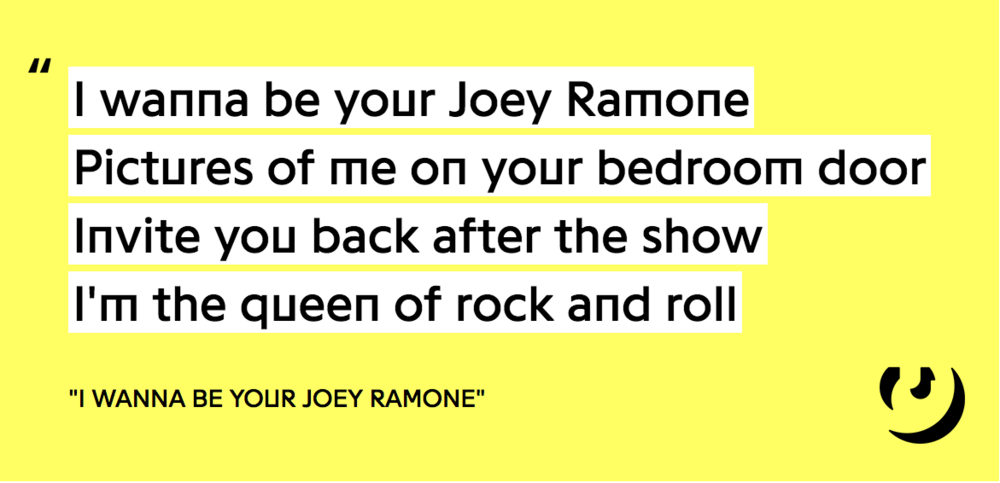How To Fight The Patriarchy According To Sleater-Kinney’s Lyrics
“Show you love your country, go out and spend some cash / Red, white, blue hot pants, doing it for Uncle Sam”
Sleater-Kinney released its second studio album, Call The Doctor, in 1996. On the LP’s title track, lead singer Corin Tucker wails, “They want to socialize you / They want to purify you / They want to dignify, analyze, terrorize you.” This is just one instance of many where Tucker leads the band’s charge against issues of consumerism, sexism, and traditional gender roles.
In honor of the 20th anniversary of Call The Doctor, and, of course, Women’s History Month, Genius combed through the band’s discography and pulled out the lines that taught us how to best fight the patriarchy. We also matched some of these lyrics with particularly pertinent commentary from Sleater-Kinney guitarist and vocalist Carrie Brownstein’s memoir, Hunger Makes Me A Modern Girl, for additional context.

This isn’t us singing about roadies, drugs, and groupies. We were in dialogue with ourselves; we responded to and addressed the fans, the critics, and even our own work."

The role of a woman onstage is often indistinct from her role offstage—pleasing, appeasing, striking some balance between larger-than-life and iconic with approachable, likable, and down-to-earth, the fans like gaping mouths, hungry for more of you."

We were never trying to deny our femaleness. Instead, we wanted to expand the notion of what it means to be female. The notion of ‘female’ should be so sprawling and complex that it becomes divorced from gender itself."

The song explored the commodification and co-opting of the once-radical tenets of Riot Grrrl and punk rock feminism by the mainstream, their remnants echoed in hollowed-out and sellable phrases, divorced from any form of social justice or action."

[‘Was It A Lie?’] sounds so prescient now in the age of social media and the voracious news and gossip cycles. The song is about a woman whose videotaped death is replayed for the amusement of others.”

One Beat is often characterized as a ‘political’ album, which speaks to how long it took for musicians—especially in the mainstream—to address or make sense of the xenophobia and jingoism that took hold of the culture post-9/11."